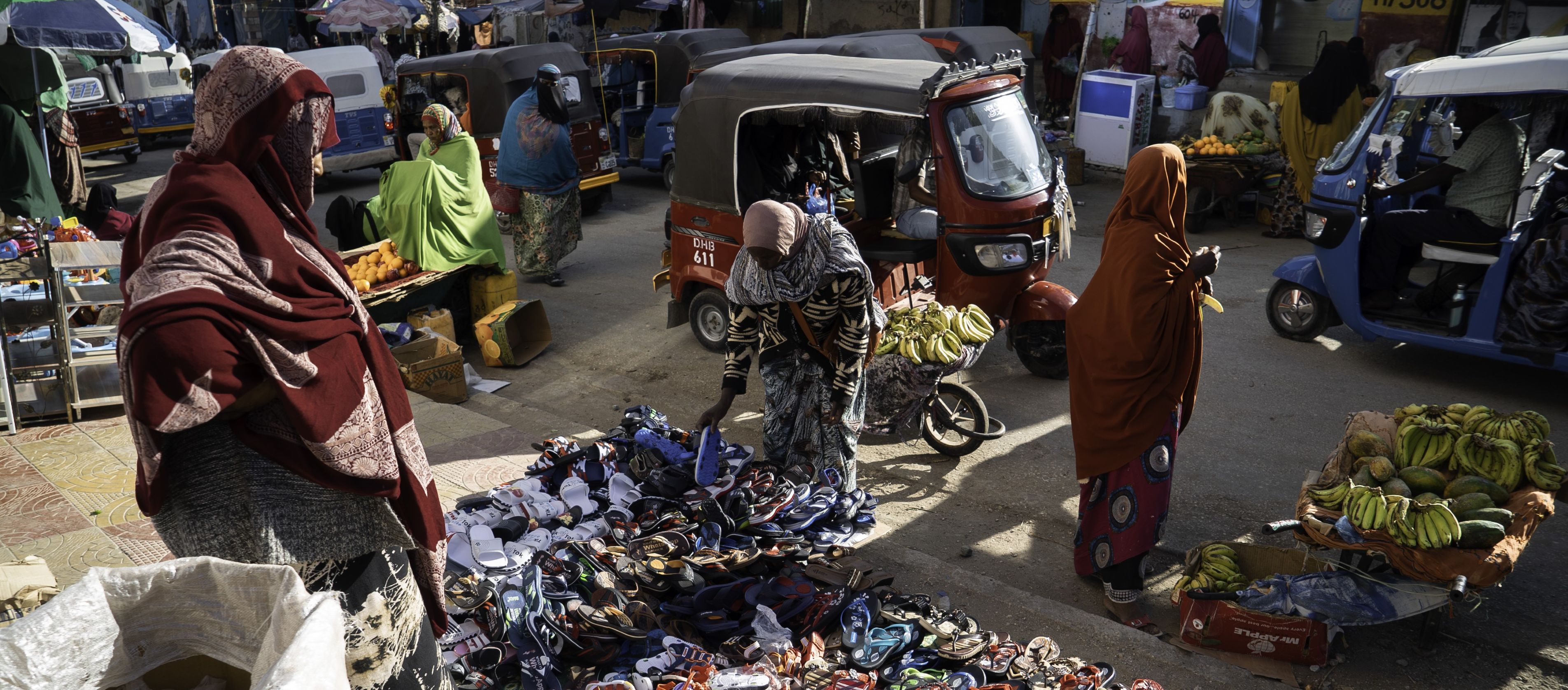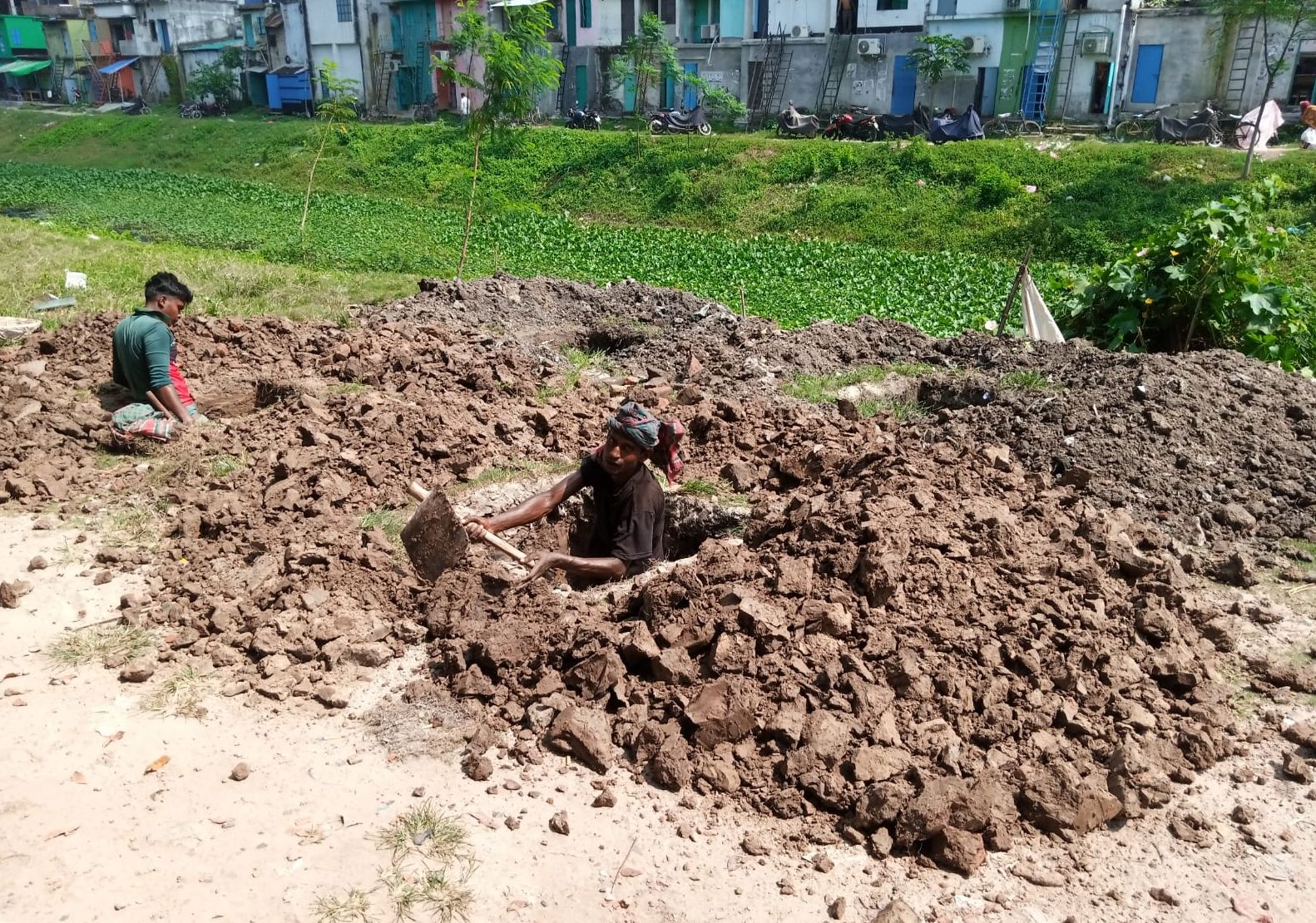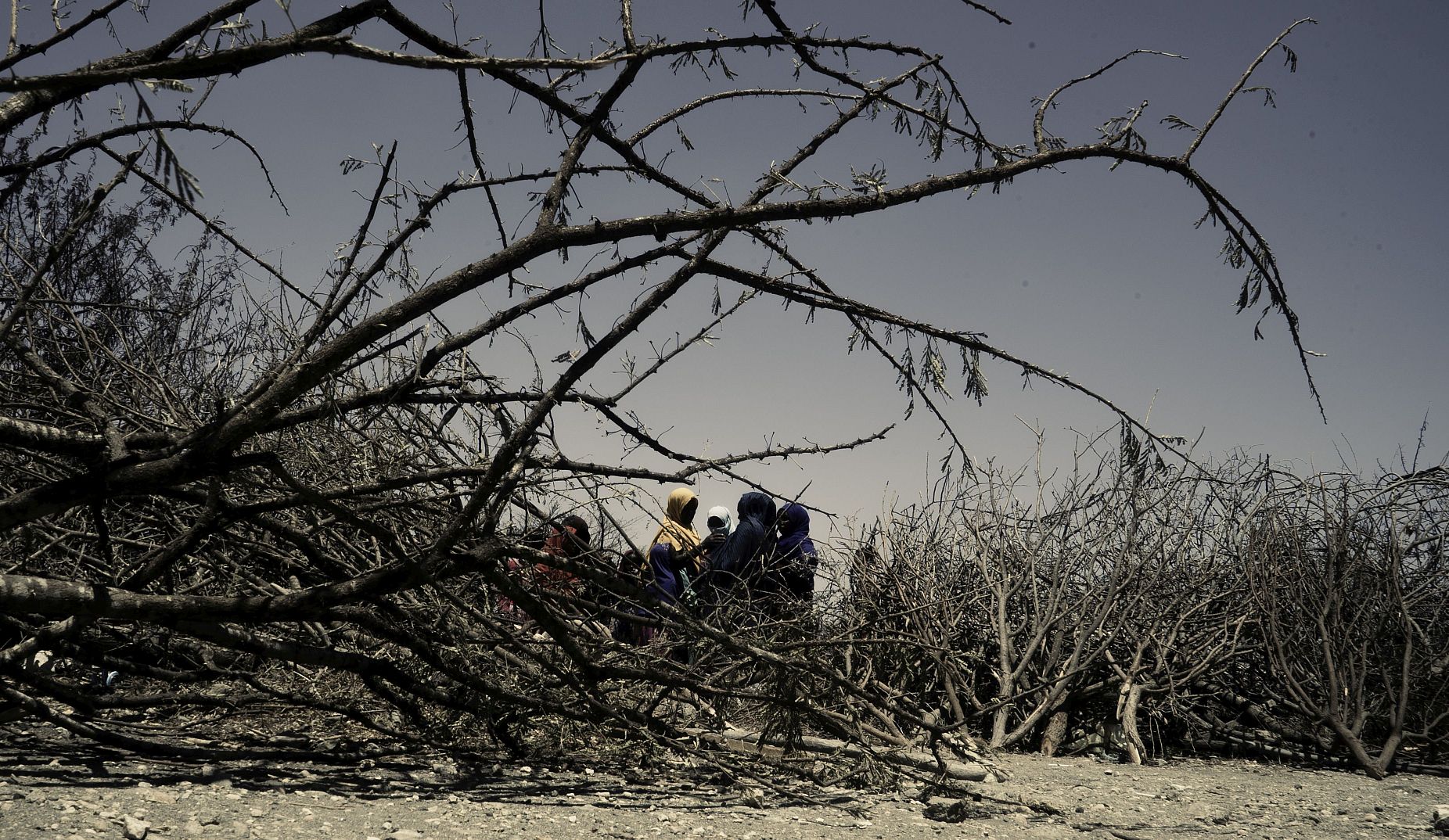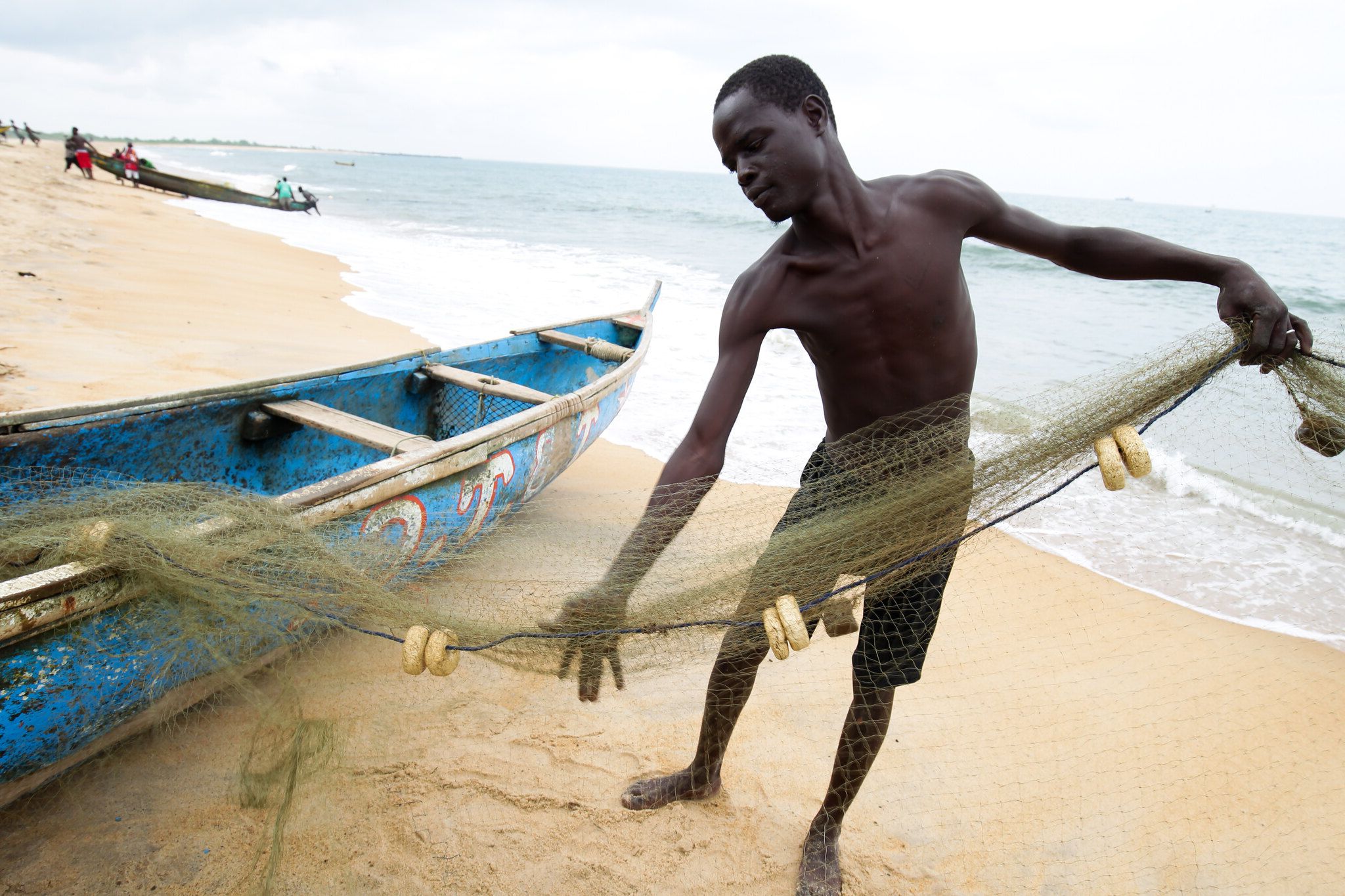An Early Warning System Supporting Communities to Better Respond to Climate-Related Disasters
Download the project update report
Extreme weather conditions have been increasing in Somalia, including both droughts and torrential rains that bring widespread flooding. In 2020 alone, periodic flooding has displaced hundreds of thousands of people from their homes and damaged or destroyed crops, houses, livestock, food supplies, and even infrastructure such as roads and airports, while increasing risks from communicable diseases, including COVID-19. Many of those affected are also suffering from persistent poverty, as well as the impacts of protracted armed conflict in the country, and two-thirds are women and children.
To help people in the flood-prone Lower Shabelle region of Somalia become more resilient to climate-related disasters, Action for Women and Children Concern (AWCC), a non-governmental Somali grassroots organisation, is supporting the community's efforts to manage and reduce disaster risks.
The initiative is supported by Cities Alliance Innovation and Climate Change programmes, through the Innovation Programme Call for Proposals 2020, funded by the Swedish International Development Cooperation Agency (Sida) and with support from the German Federal Ministry of Economic Cooperation and Development (BMZ).
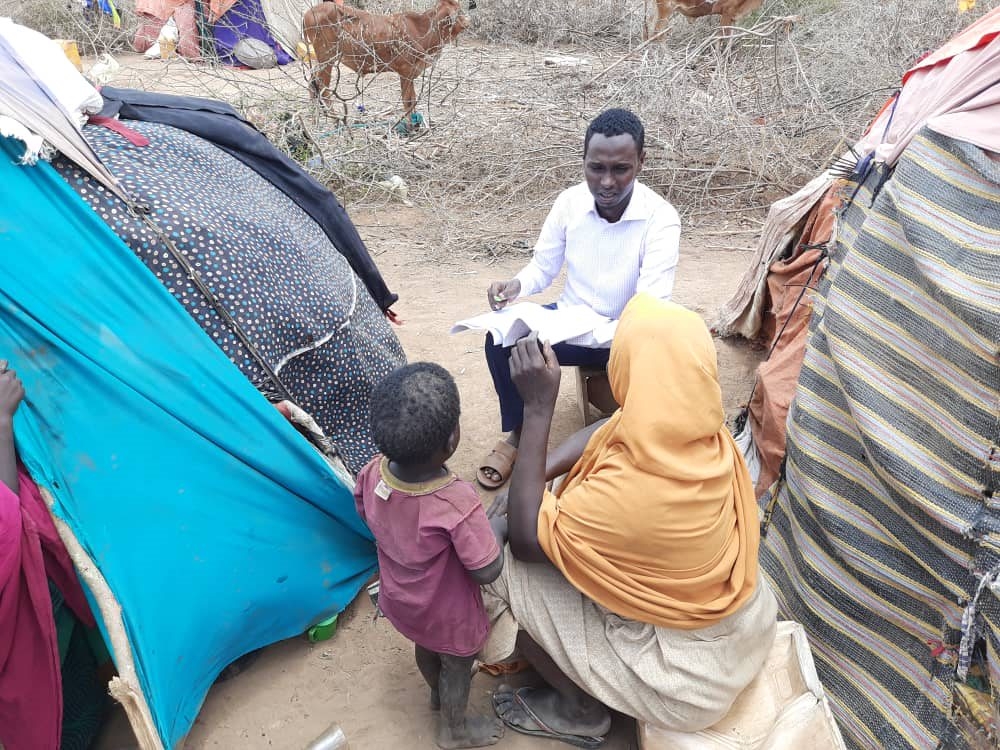
Action for Women and Children Concern (AWCC) aims to increase resilience to such climate-induced shocks for 55,000 vulnerable people in the Marka district of the Lower Shabelle region of Somalia.
In collaboration with local government and mobile phone service providers, the AWCC project is developing an SMS based early warning system tailored to local seasonal calendars to inform communities in advance to prepare for upcoming flooding. The project includes training local authorities, stakeholders from local organisations, community leaders and civil society, on the use of early warning and messaging systems.
Early warning systems can play a crucial role in helping people respond rapidly to hazardous climate-related emergencies as they are unfolding.
Although receiving early warning of impending disasters is crucial, community resilience must extend beyond emergency crisis responses to include action plans for preparing for disasters well before they strike. The AWCC project seeks to emphasize how inclusive community-based disaster risk management may help communities avert some of the impacts of future disasters.
Through the project, a baseline survey has been conducted and awareness and mobilization sessions and training provided to key stakeholders, including local authorities and community elders from Marka district. In all of these sessions, both women and men participated.
AWCC seeks to empower women and children to reach their full potential by advocating for gender parity and for women to take an active role in discussions and decision-making processes. Although climate-induced shocks particularly impact vulnerable women and children, women also have the potential to contribute substantially to sustainable solutions, especially through an inclusive community-based disaster risk management approach.
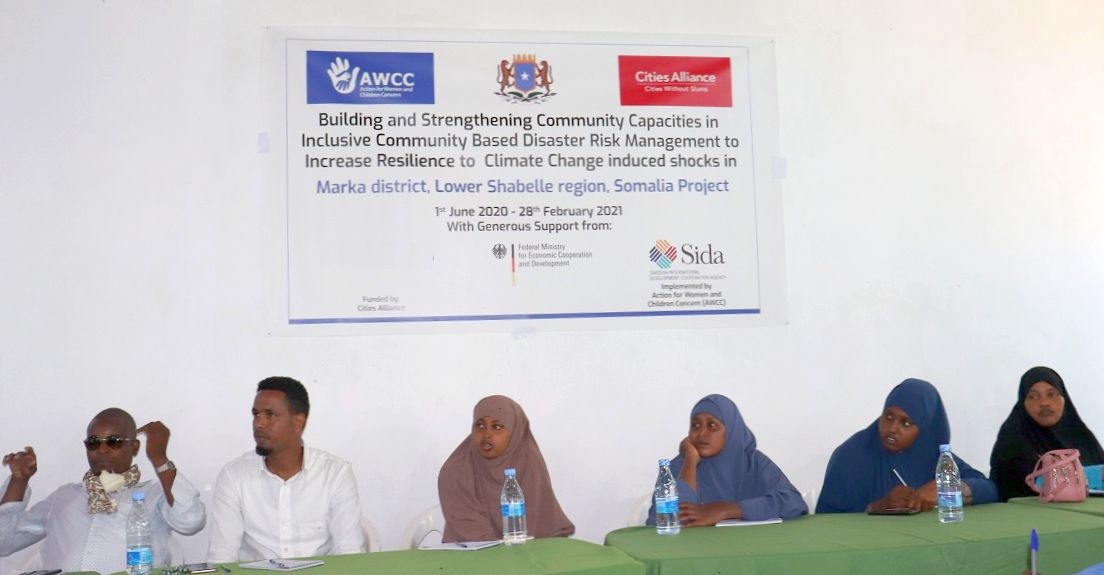
In the next phase of the project, AWCC will focus on creating inclusive community-based disaster risk management committees, developing community action plans, and implementing the early warning alert system. The organisation has also identified specific issues in the local community that require immediate action, such as poor urban sanitation practices in Marka town and damaged irrigation canals that increase flooding risks.
Through this project, Action for Women and Children Concern is building effective local community involvement in climate change adaptation and resilience and advocating for the institutionalization of inclusive community-based disaster risk management throughout Somalia, especially as climate-related events continue to intensify.


